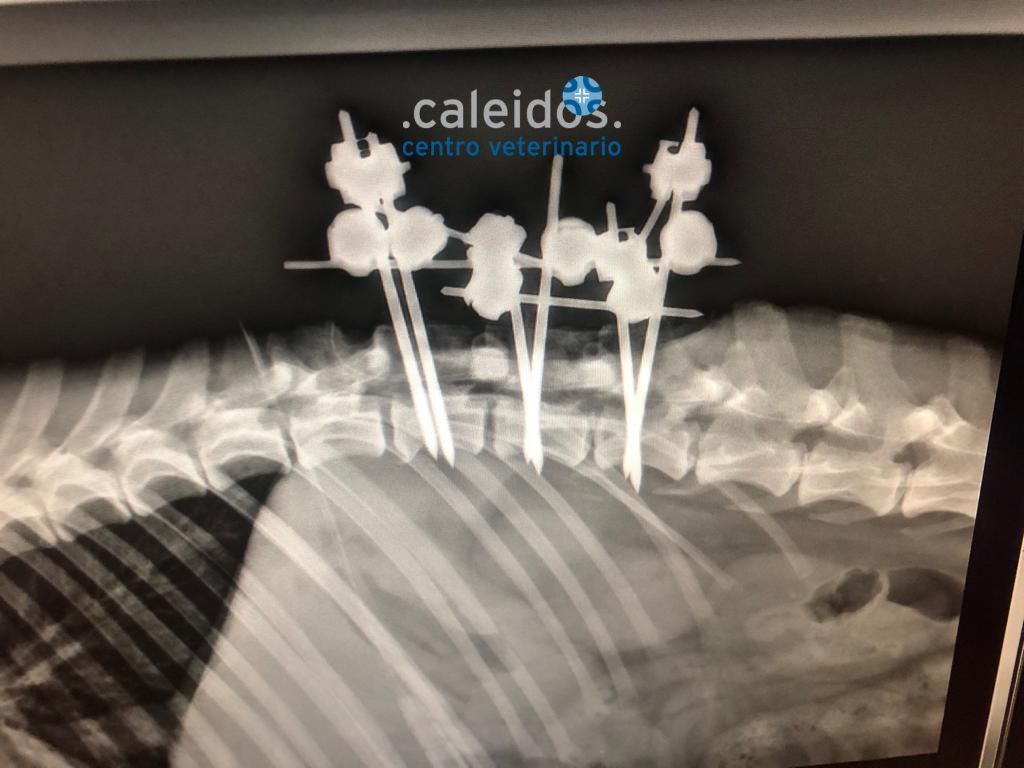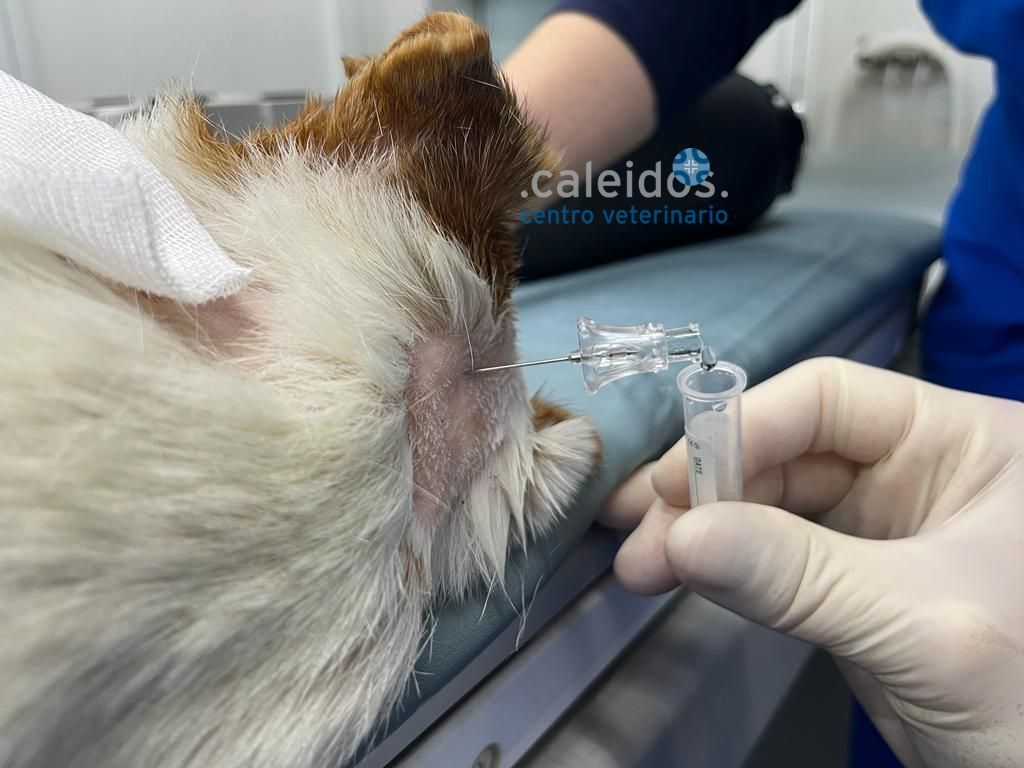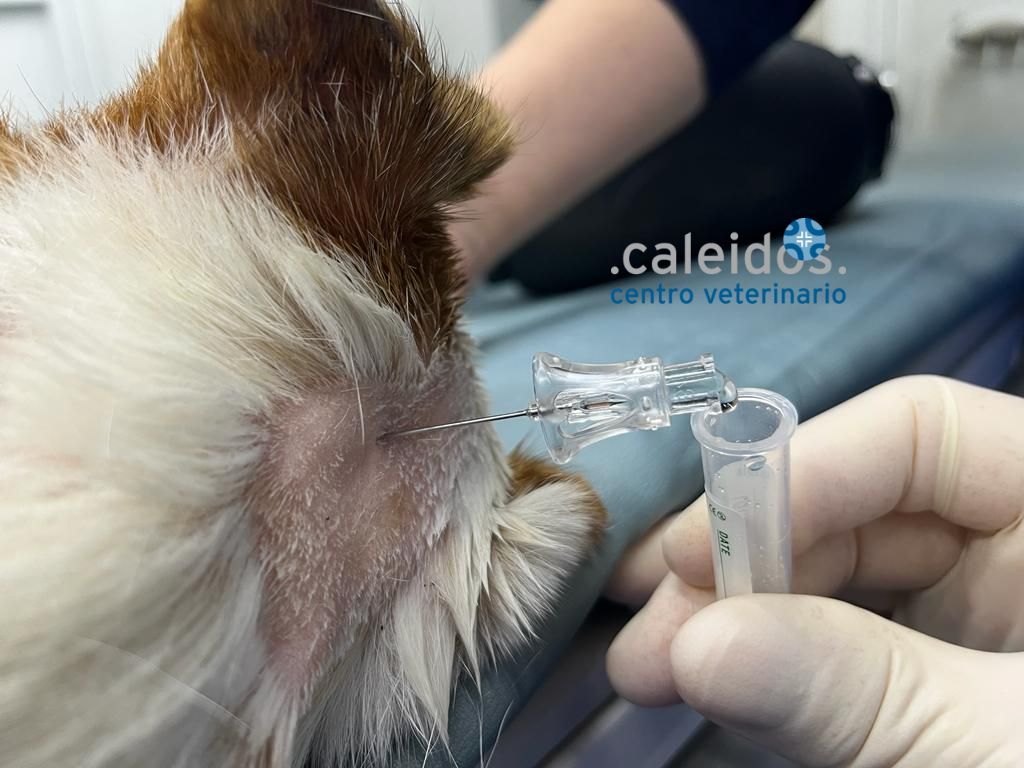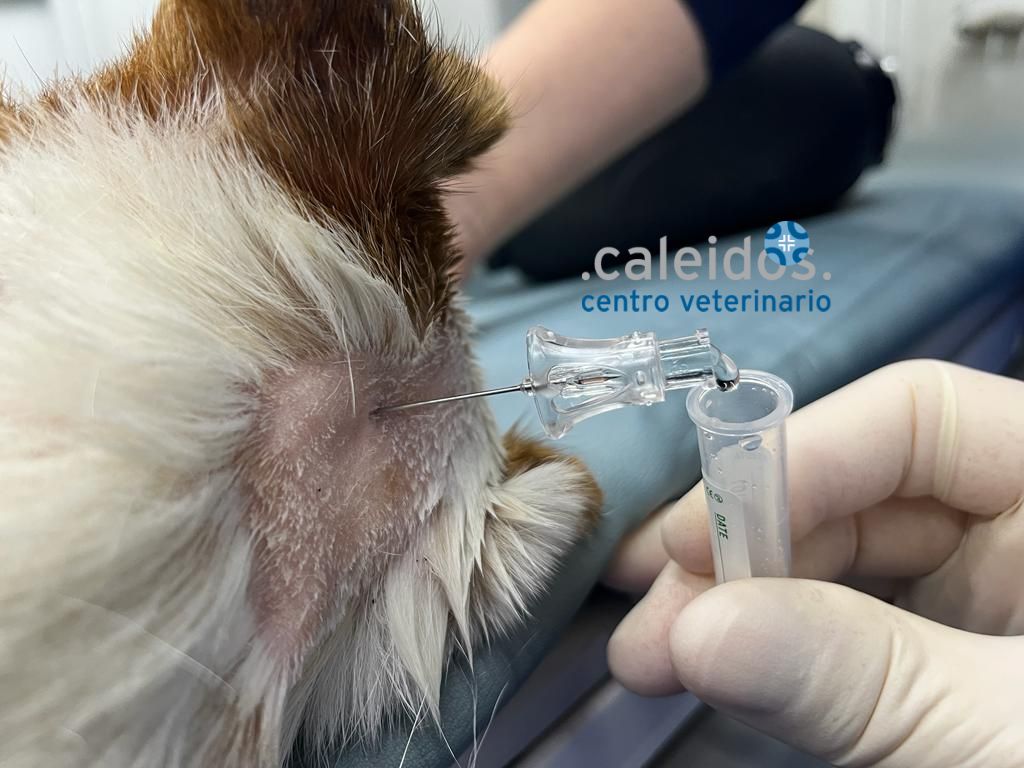NEUROLOGY AND NEUROSURGERY
For many years, neurological diseases in dogs and cats have been under-diagnosed and neurology has been relegated to simple treatment of discopathies and epileptic seizures. But new knowledge and new diagnostic tools have meant that, over time, the figure of the veterinary surgeon specialising in neurology has emerged: a professional expert in the field, capable of identifying the wide range of symptoms and signs that indicate various neurological diseases in animals.
At our clinic, you can submit your pet to the care of skilled neurologists who will identify the nature and location of any problem, then the most appropriate diagnostic procedure and treatment, including any necessary neurosurgical operations, including intracranial neurosurgery, in order to remove tumours or congenital anomalies.
CALEIDOS is also a specialist clinic in diagnosis and treatment of MOVEMENT DISORDERS (ballismus, dyskinesia, etc.)
CEREBROSPINAL FLUID
The central nervous system (brain and spinal cord) is surrounded by the meninges (dura mater, arachnoid, pia mater). The space between the arachnoid and pia madre, called the sub-arachnoid, conveys cerebrospinal fluid (CSF), a colourless liquid produced by particular cells whose function is to allow the exchange of substances between blood and neurocells, as well as protect the brain and spinal cord within the bone structures in which they are contained (skull and spinal canal).
The study of the CSF provides useful information for identifying the cause or nature of multiple neurological diseases and is often used to complete the diagnostic procedures for identifying diseases of the central nervous system.
Sampling of the CSF, lumbar puncture, is carried out by inserting, in a sterile manner, a disposable spinal needle into the so-called cisterna magna (in the case of cerebral or cervical spinal cord affections) or at the lumbar level (for alterations of the thoraco-lumbar and lumbosacral). To prevent any movements that might interfere with the operation, the animal is given anaesthetic, very often using the same sedation required for a magnetic resonance examination.
Since the fluid is extremely perishable, its chemical-physical and microscopic examination must be carried out within a maximum of one hour and, above all, by specialist staff.
At Caleidos veterinary clinic the processing of the sample, with the necessary equipment, is entrusted to Dr. Grande, a PhD biologist, guaranteeing an adequate and timely examination on site and avoiding any false negatives from late processing of the material.















